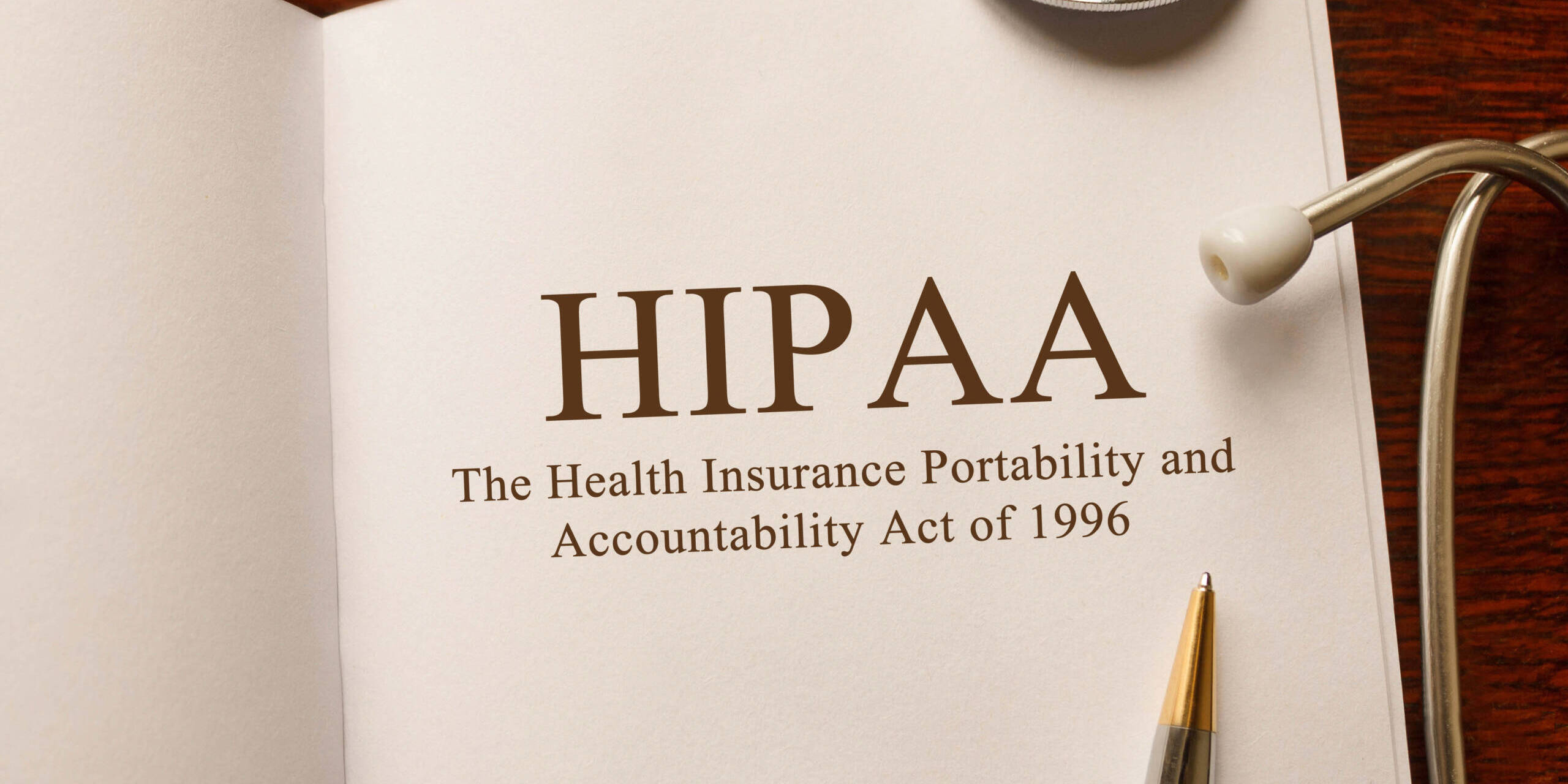The Importance of HIPAA for Medical Office Administrators
Medical office administrators hold front-desk responsibilities like medical record keeping, insurance billing and appointment scheduling. However, their duties don’t end there. One of the more significant responsibilities a medical office administrator is tasked with is ensuring HIPAA compliance.
Medical administrators must ensure that their practice complies with all aspects of HIPAA regulations, including training staff on proper handling of patient information, implementing security measures to safeguard electronic patient records and maintaining the confidentiality of patient health information. Failure to comply with HIPAA regulations can result in significant fines and penalties, as well as damage the practice’s reputation.
Since a medical office administrator’s essential duty is to keep the medical office running, it’s likely you’ll be the unofficial (or perhaps official) HIPAA officer and ensure all staff members understand and comply with HIPAA regulations.
If you’re thinking about becoming a medical office administrator, you’ll need to learn HIPAA laws before you’re ready to implement them in your day-to-day work.
What Is HIPAA?
HIPAA stands for the Health Insurance Portability and Accountability Act of 1996. It’s a federal law that sets national standards to protect the privacy, security and confidentiality of patients’ medical information. The law was enacted to provide patients with greater control over their health information while also ensuring the privacy and security of that information.
HIPAA applies to all healthcare providers, including medical offices, hospitals, clinics and insurance companies. It also applies to anyone who handles patient information, including medical office administrators. The law outlines strict guidelines for the use and disclosure of protected health information (PHI), including patient names, addresses, Social Security numbers, diagnostic results and treatments.
Examples of HIPAA Violations
Below are some examples of HIPAA violations. In other words, these are things medical office administrators and other healthcare professionals should never do:
- Unauthorized access or disclosure of protected health information (PHI): Accessing or sharing PHI without proper authorization.
- Lack of physical or technical safeguards: Failing to implement appropriate security measures to protect PHI, such as not having password protection or secure data storage.
- Inappropriate disposal of PHI: Throwing away paper documents or electronic devices that contain PHI without properly shredding or deleting the information.
- Failure to notify affected individuals of a breach of their PHI: if a breach of PHI occurs, HIPAA requires the affected individuals be notified in a timely manner.
- Failure to obtain proper patient authorization for use or disclosure of PHI: HIPAA requires that patients give their consent or authorization for the use or disclosure of their PHI in certain circumstances.
How to Be a HIPAA-Compliant Medical Office Administrator
The Importance of HIPAA for Medical Office Administrators. Being a HIPAA-compliant medical office administrator requires a thorough understanding of the HIPAA laws and implementing them effectively in the workplace. Here are some tips to help you be a HIPAA-compliant medical office administrator:
- Educate yourself: Ensure your college program includes HIPAA laws in its curriculum. Take HIPAA training courses and stay up to date with any changes to the regulations.
- Train your staff: Ensure all employees undergo HIPAA training and understand their responsibilities when handling patient information.
- Establish policies and procedures: Create written policies and procedures for how patient information should be handled, including how to handle security breaches.
- Conduct regular audits: Regularly audit your office’s procedures to ensure that they comply with HIPAA regulations and make changes as necessary.
- Secure patient information: Use encryption and password protection to secure electronic patient records and limit access to patient information to only those who need it.
- Maintain documentation: Keep a record of all HIPAA-related activities, including employee training, audits and any incidents that occur.
Become a Medical Office Administrator with St. Louis College of Health Careers
If you’re interested in pursuing a career as a Medical Office Administrator, consider enrolling in the Medical Office Administration Diploma program offered by St. Louis College of Health Careers.
Our comprehensive program will prepare you with the knowledge and skills necessary to succeed in the field, including training on HIPAA compliance.
To learn more or apply to St. Louis College of Health Careers, call 866-529-2070.
